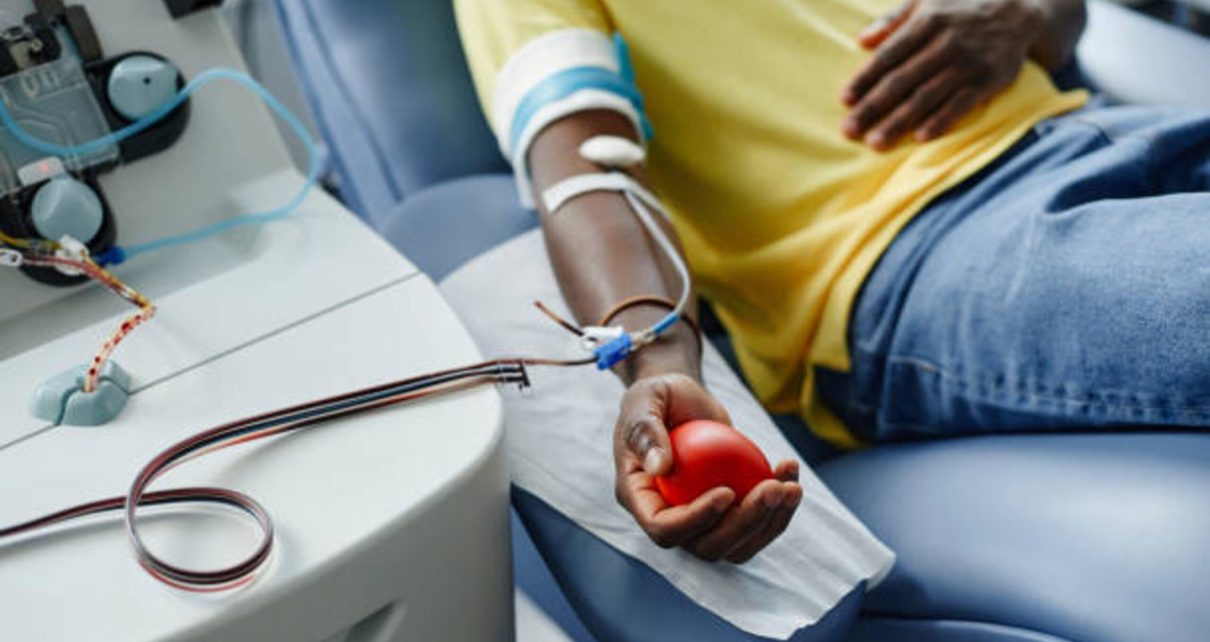In a significant move to revolutionise the healthcare system, Nigeria is set to introduce an Electronic Blood Management System (EBMS) to enhance the delivery of blood services across the nation. This announcement was made by Prof. Muhammad Pate, the Coordinating Minister of Health and Social Welfare, during a press briefing marking the 2024 World Blood Donor Day, themed “20 Years of Celebrating Giving: Thank You, Blood Donors!”.
The EBMS initiative, represented by Chris Isokpunwu, aims to ensure the availability of safe blood and blood products throughout Nigeria. The system is expected to streamline the scaling up of the National Blood Service Commission’s (NBSC) activities to all regions, promoting effective and efficient service delivery.
Prof. Pate highlighted the crucial role of blood donors in saving lives but noted a concerning trend: over 80% of blood donations in Nigeria come from family replacement and commercial donors. This reliance contrasts with the World Health Assembly’s resolution WHA63.12, which advocates for a national blood supply based on voluntary, unpaid donations to achieve self-sufficiency.
With Nigeria’s blood need estimated at two million units annually for its population of over 200 million, the current donation rates are insufficient, leading to preventable health complications. The minister urged that if just 1% of the adult population committed to regular, voluntary blood donation, the situation could vastly improve.
Prof. Saleh Yuguda, Director-General of NBSC, echoed the sentiment, emphasising the life-saving impact of blood donation and its essential role in healthcare. He pointed out that blood transfusions not only extend lives but also support complex medical and surgical procedures, making them vital in maternal and child care and during disasters.
Dr. Walter Mulombo, WHO Country Representative for Nigeria, acknowledged the country as one of the 16 African nations where 80% of blood donations are voluntary. However, he stressed the need for increased awareness, as the total blood collected remains low.
Mohammed Ibrahim, Chief Route Commander of the Federal Road Safety Corps (FRSC), called for more voluntary, non-remunerated blood donors to reduce injury and death rates by five per cent.
The World Blood Donor Day event also celebrated the contributions of notable blood donors and included engagements with media, community, and religious leaders to advocate for this cause.



